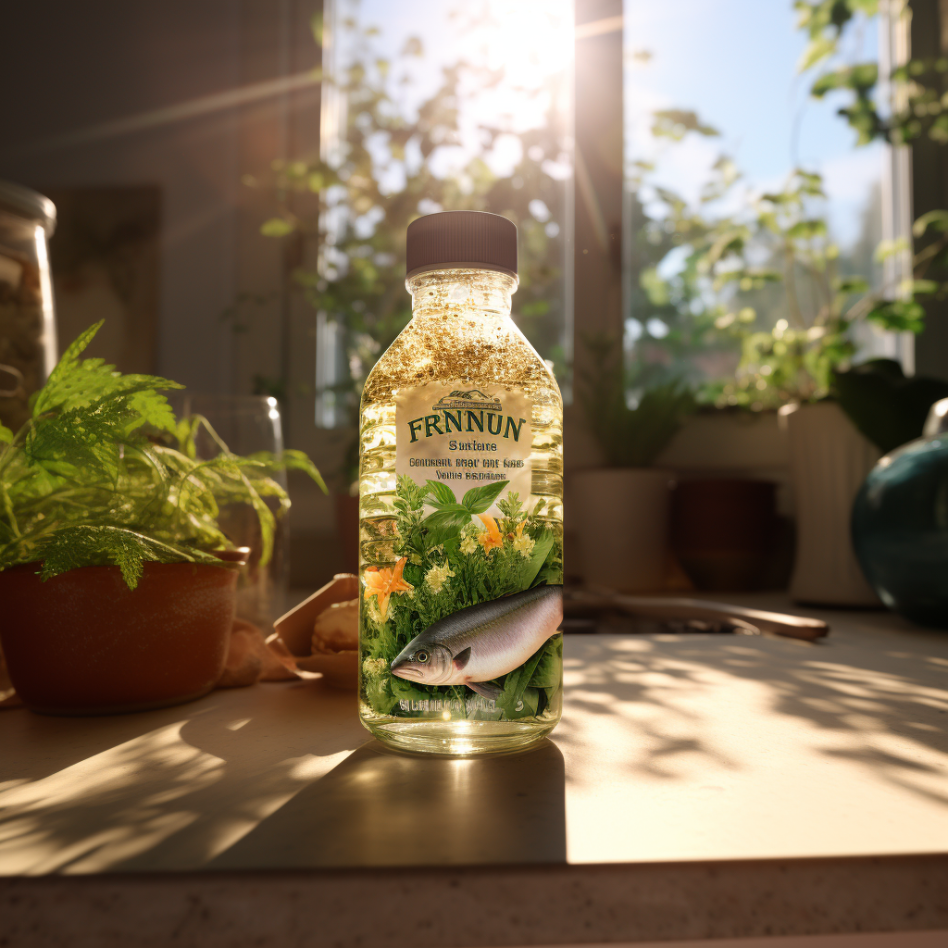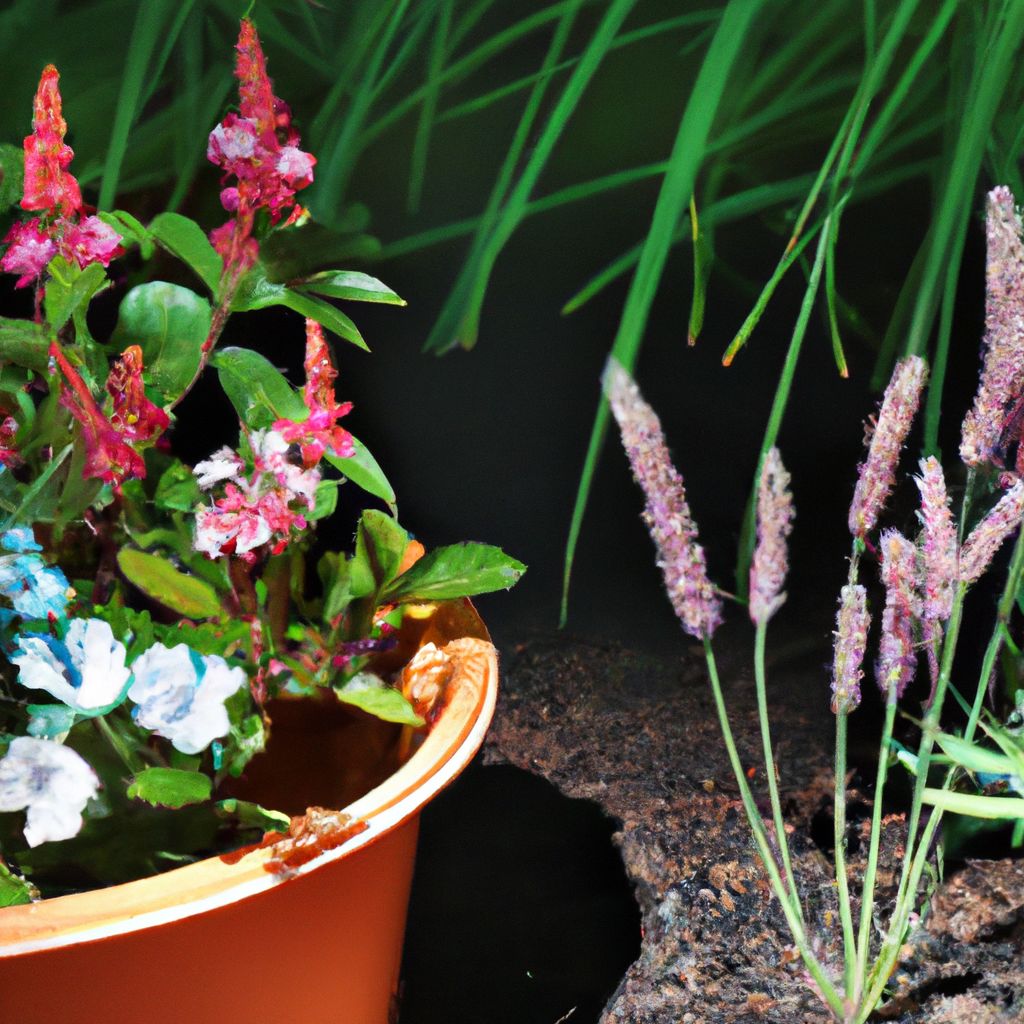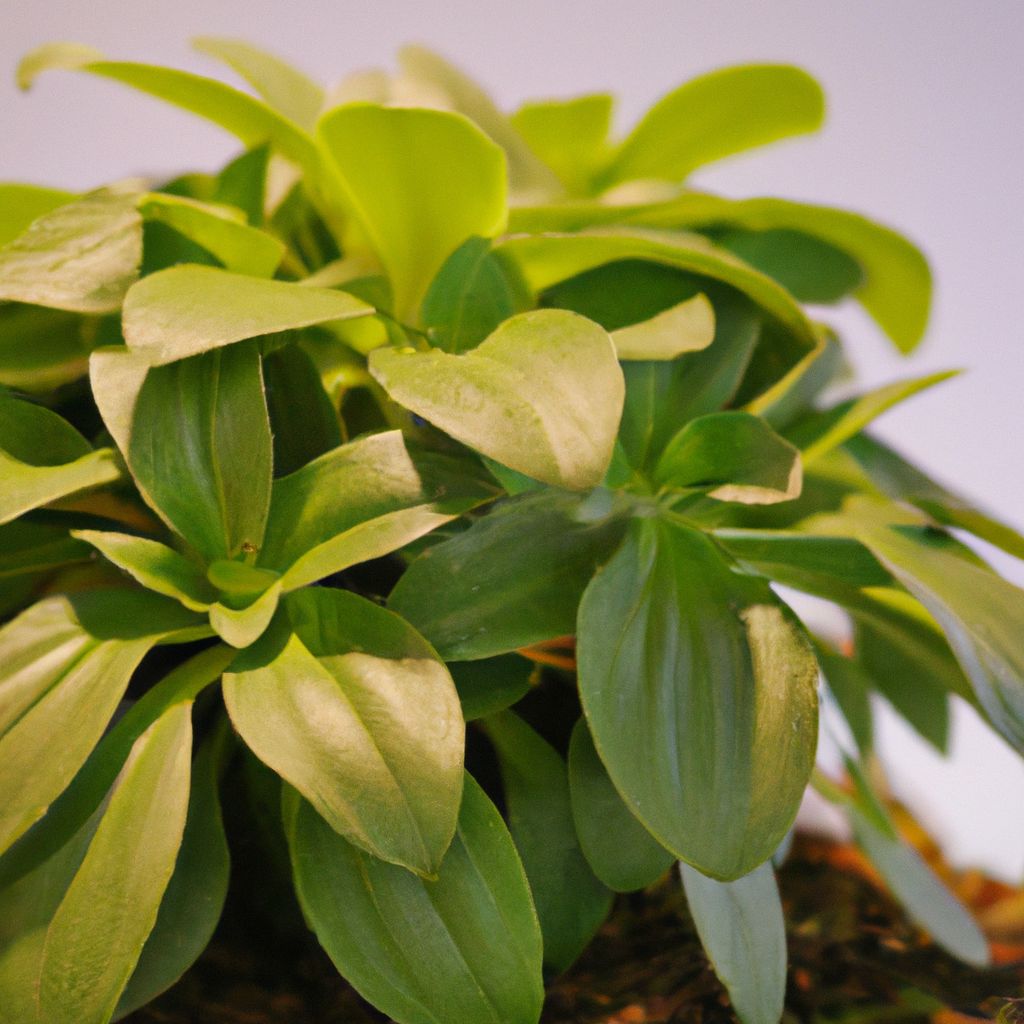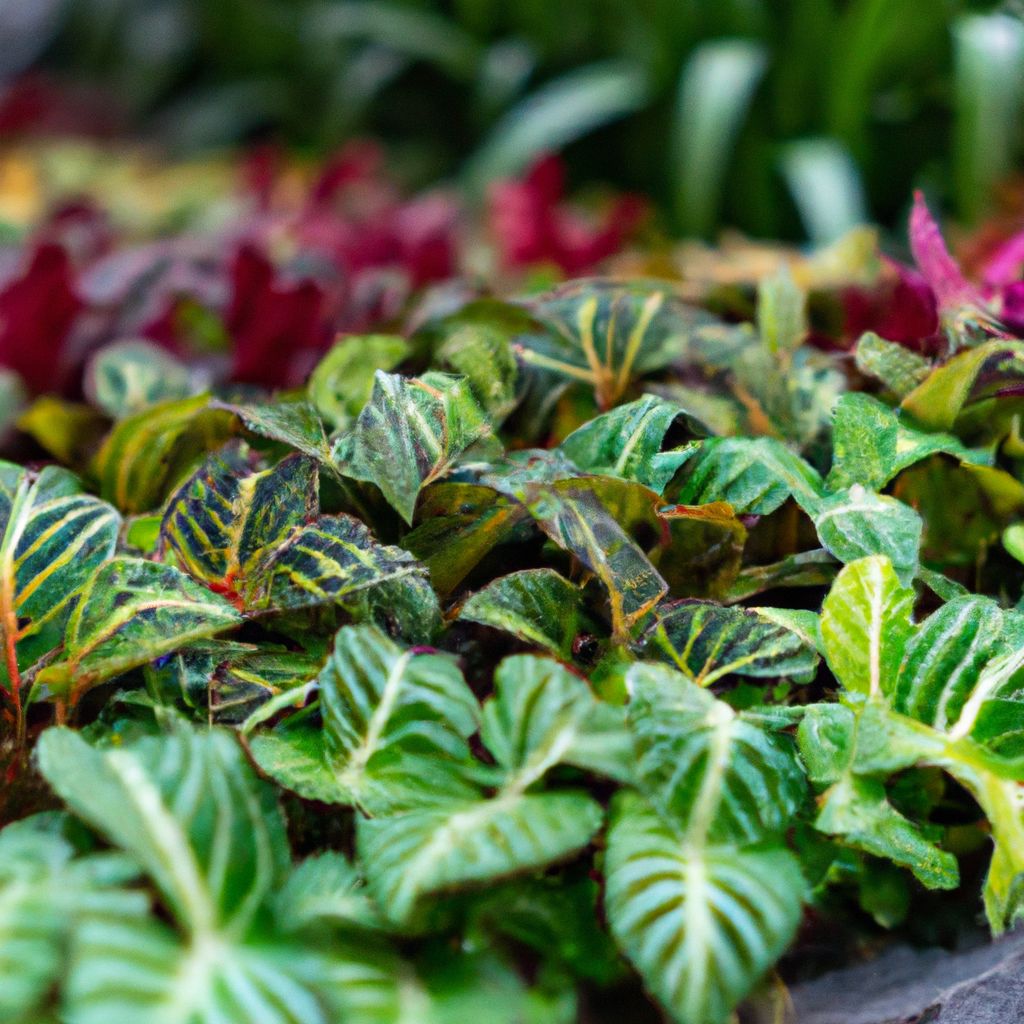For gardeners seeking a natural way to boost the health and productivity of plants, fish meal deserves strong consideration. This nutrient-rich fertilizer derived from fish waste offers a sustainable path to enhanced soil fertility, plant nutrition, and bountiful harvests. Keep reading to understand the compelling benefits of using fish meal in your garden.
Fish meal provides a natural source of essential nutrients that plants need to thrive. It contains high levels of nitrogen, phosphorus, potassium and micronutrients which are vital for healthy growth. Fish meal enhances soil fertility by improving structure, increasing microbial activity and strengthening the ability of soil to retain nutrients. It nourishes plants with a steady supply of nourishment through its slow-release properties.
Why Use Fish Meal for Plants?
Fish meal offers an array of benefits that make it a top choice as a natural fertilizer for plants. Here are some of the key reasons to consider using fish meal in your garden:
- Provides essential nutrients – Fish meal contains nitrogen, phosphorus, potassium and a host of micronutrients that are vital to plant health and development. These nutrients are in forms that are readily available for plant uptake and growth.
- Enhances soil fertility – Fish meal improves soil structure, organic matter content, and moisture retention. It increases microbial activity in the soil which contributes to available nutrients through the breakdown of organic compounds.
- Boosts plant health and disease resistance – The nutrients in fish meal enhance the overall vigor and resilience of plants. Fish meal has compounds that stimulate the natural immune systems in plants, increasing resistance to diseases.
- Natural and sustainable fertilizer choice – Fish meal puts waste products to use as an alternative to synthetic fertilizers. It aligns well with organic gardening practices.
Using fish meal checks all the boxes for an environmentally-friendly and effective fertilizer option. Give your plants the nutritional boost they need with fish meal.
How Does Fish Meal Benefit Soil?
The unique properties of fish meal make it highly beneficial for enriching soil quality and fertility. Here are some of the key ways fish meal improves soil health:
- Increases organic matter – The addition of fish meal contributes valuable organic compounds that enhance soil structure and water retention while providing nutrients to microorganisms.
- Provides slow-release nutrients – The nutrients in fish meal are released gradually over a longer period of time compared to synthetic fertilizers. This provides sustained nourishment to plants.
- Improves soil structure and fertility – Fish meal enhances soil aggregation and porosity which allows for better aeration, drainage and root development. It also boosts the cation exchange capacity of soil which improves its ability to hold onto essential nutrients.
- Stimulates microbial activity – Fish meal promotes larger and more diverse microbial populations in the soil. These microbes release bound nutrients through the breakdown of organic matter.
By incorporating fish meal into your soil, you reap the benefits of improved texture, water dynamics and biological processes that allow your plants to thrive.
How Does Fish Meal Benefit Plants?
The comprehensive nutrient package found in fish meal offers a multitude of direct benefits to plants. Here are some of the key ways fish meal enhances plant growth and health:
- Supplies key macronutrients – Fish meal provides abundant nitrogen, phosphorus and potassium which facilitate lush vegetative growth, efficient photosynthesis and strong roots.
- Provides abundance of micronutrients – Fish meal contains a host of micronutrients including iron, magnesium, calcium, sulfur, zinc and manganese. These support enzyme functions, plant metabolism and growth.
- Promotes lush growth and healthy roots – The nitrogen in fish meal is readily available to plants, leading to vibrant green foliage, productive flowers and fruits, and robust roots.
- Boosts plant immune systems – Compounds in fish meal stimulate the natural production of phytoalexins and proteins that bolster the disease resistance capacities in plants.
- Enhances disease resistance – The balanced nutrition supplied by fish meal allows plants to better withstand environmental stressors and fight off pests and diseases.
Fish meal truly covers all the bases when it comes to providing well-rounded nutrition and disease resistance to plants. It’s easy to see why it’s trusted by gardeners everywhere.
Using Fish Meal in Your Garden

To gain the maximum benefits from fish meal, it is important to follow the proper techniques for application in your garden. Here are some key guidelines:
Application Guidelines and Dosage
- Refer to manufacturer’s instructions for recommended dosage rates based on plant types
- Typical application rates range from 1-3 tablespoons per square foot
- Mix thoroughly into soil before planting or top-dress around established plants
- Water well after application to activate nutrients
- Adjust dosage based on soil analysis and plant requirements
Timing and Frequency
- Apply early in growing season to allow nutrients to become available
- Make follow-up applications every 4-8 weeks during growing season
- Increase frequency for heavy feeding plants like tomatoes
- Reduce frequency if combining with slow-release compost or amendments
Safety Precautions
- Wear gloves and protective gear when handling
- Avoid inhaling dust by wearing mask
- Wash hands after application
- Keep away from water sources to prevent runoff
Combining with Other Amendments
- Mix with compost or worm castings to provide comprehensive nutrition
- Combine with bone meal for balanced phosphorus and calcium
- Include kelp meal or alfalfa meal to increase micronutrient diversity
- Blend with rock minerals to provide a wide spectrum of nutrients
By following these guidelines, you can safely unlock the full potential of fish meal. See the remarkable benefits firsthand in your own garden this season.
Frequently Asked Questions About Fish Meal
New gardeners interested in trying fish meal often have some common questions. Here are answers to some of the key queries:
Is fish meal safe for all plants?
Yes, fish meal can safely be used on all types of vegetable plants, flowers, fruits, herbs, and ornamentals. It provides balanced nutrients without toxicity when applied properly.
Can too much fish meal burn plants?
Excessive amounts of any fertilizer, including fish meal, can potentially burn plants. This is why following dosage guidelines is important. Start with small amounts and increase gradually based on plant response.
How long does fish meal last in soil?
Fish meal releases nutrients slowly over a period of 2-4 months. This long-lasting effect reduces the need for frequent applications. Residual benefits can persist for up to a year.
Should fish meal touch plant stems and leaves?
It is best to avoid direct contact between fish meal and plant stems or leaves. Apply it around the base of plants and water it into the soil. This prevents any potential fertilizer burn.
Does fish meal have an unpleasant smell?
Fish meal can produce moderate odors, especially in storage. However, the earthy smell dissipates within a few days after soil application. Proper storage and application prevents long-lasting odors.
Is fish meal safe for edible plants?
Yes, fish meal can be safely used on fruits, vegetables and herbs grown for consumption. As an all-natural fertilizer, it does not contain any toxic chemicals or substances that could contaminate edibles. Proper harvest timing also minimizes any residue.
Can fish meal be used for container gardens?
Fish meal works very well in container gardening. Use it when potting up plants or as a top dressing. Just reduce dosage rates since container soil volumes are smaller. Monitor soil pH and nutrient levels closely.
Where can I buy fish meal for my garden?
Fish meal can be purchased at most garden centers, hydroponics stores, nurseries and online. Look for reputable brands that use sustainable sourcing and processing methods for the highest quality and purity.
Dive Deeper into the Benefits of Fish Meal
For gardeners interested in learning more about how fish meal can transform their gardens, here is an in-depth look at some of the top benefits:

Boosts Soil Fertility in Multiple Ways
Fish meal enhances soil fertility through several mechanisms:
- Provides a steady supply of plant-available nitrogen, phosphorus and potassium over an extended period through its slow-release properties. This prevents nutrient deficiencies.
- Increases the organic matter content of soil which improves structure, nutrient holding capacity, and moisture retention.
- Fish meal is rich in calcium, magnesium and micronutrients like iron, manganese, zinc, boron and copper which are essential for plant growth and soil biology.
- The organic compounds in fish meal feed beneficial microorganisms which augment nutrient cycling and availability in the soil food web.
Strengthens Plant Cell Walls and Stems
The diverse blend of nutrients in fish meal contributes to stronger plant cell walls and sturdy stems through several pathways:
- Calcium strengthens cell wall structure and integrity, preventing issues like blossom end rot in tomatoes.
- Boron facilitates calcium uptake and supports cell wall and stem strength and rigidity.
- Manganese is involved in lignin synthesis which adds structural support to plant cell walls and stems.
- Silica thickens and strengthens stems, preventing lodging issues in taller plants. Fish bone meal provides a bioavailable silica source.
Provides Key Nutrients for Productive Fruiting
Fish meal supplies many nutrients that facilitate productive flowering and fruiting in plants:
- Phosphorus enhances fruit development, maturation and ripening.
- Potassium promotes fruit size, color and flavor.
- Calcium prevents cracking, splitting and blossom end rot in fruits like tomatoes and peppers.
- Boron boosts pollination and supports fruit and seed development.
- Zinc facilitates healthy reproductive growth in plants. Deficiencies can cause issues with flowering and fruit set.
Boosts Chlorophyll Production
Fish meal contains several nutrients involved in chlorophyll synthesis and function:
- Nitrogen is a key component of the chlorophyll molecule, so adequate nitrogen ensures abundant chlorophyll.
- Iron is central to chlorophyll creation as it forms the heme group in chlorophyll’s chemical structure.
- Magnesium is at the core of every chlorophyll molecule. Fish meal provides a bioavailable magnesium source.
- Manganese activates enzymes involved in chlorophyll production and photosynthesis.
More chlorophyll translates to greener, more vigorous foliage and higher photosynthetic capacity in plants.
Improves Flavor of Fruits and Vegetables
In addition to boosting yields, fish meal can also improve the flavor of harvested fruits and vegetables:
- Phosphorus enhances the natural sweetness.
- Potassium accentuates flavors and aromas.
- Calcium stabilizes acids and bitterness.
- Sulfur promotes aromas and pungent flavors like alliums.
- Micronutrients like boron and zinc influence sugar content and flavor.
By providing a balanced nutrient profile, fish meal allows the natural flavors of garden produce to fully develop.
Enhances Plant Metabolic Functions
The blend of major and minor nutrients in fish meal facilitates many essential plant metabolic functions:
- Phosphorus is a key ingredient of ATP which provides energy for metabolism.
- Magnesium is central to chlorophyll production and photosynthesis.
- Sulfur is needed for amino acid synthesis and protein production.
- Iron enables electron transport for energy release during respiration.
- Zinc is required by a multitude of enzymes and proteins involved in plant metabolism.
Fish meal fuels the intricate biochemistry that allows plants to thrive and produce bountiful yields.
Final Thoughts
For gardeners looking to maximize plant productivity while improving soil health, fish meal offers an all-natural and environmentally friendly solution. The nutrients and organic matter in fish meal foster robust plant growth, strong immune systems, and abundant harvests. Follow the guidelines covered here to safely and effectively harness the power of fish meal in your own garden. Give your plants the natural boost they deserve this growing season with fish meal.















































